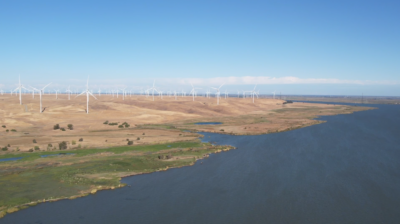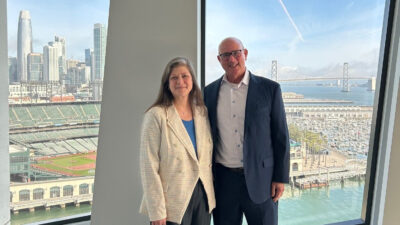Waiting for Economic Point of No Return Not an Option
The Bay Area Council didn’t coin the term “exodus” to describe anecdotal stories of companies, jobs and investment leaving California for other states. Such clever catchphrases too often fail to accurately capture the deep complexity of the issues and underlying forces they superficially describe. Whether there is a California exodus is beside the point. Only time will tell. But we’re not waiting to find out. Southern California’s dominant aerospace industry collapsed almost overnight and the region is still feeling the repercussions decades later. Detroit, once the Silicon Valley of its day, met a similar fate.
What we do know from news stories is that companies, jobs and investment are leaving California, and heading to lower-cost places like Texas, Arizona, and Tennessee. We also know that California’s population last year shrank for the first time in recorded history, an ominous and troubling sign of economic decline. Healthy, growing economies rely on new blood to flourish. We know from U.S. Postal data that net out-migration has more than doubled since 2018, even if the numbers also show many people are simply moving within the state. We also know that California has made little or no progress in addressing housing affordability and homelessness crises that comprise the main drivers of discontent among those leaving, along with nation-leading taxes, onerous regulation and growing threats from wildfires, drought and extreme weather. And we know that COVID has dramatically disrupted the workplace landscape in ways that won’t become clear for many months or years. A trickle can quickly turn to a torrent without action.
Council CEO Jim Wunderman outlined these points in a commentary that ran in the Sacramento Bee this week (March 4). And we have been out talking about these issues with legislators, business organizations, company executives and others across the state, to raise awareness that we can’t be complacent in protecting an economy we have worked so hard and so long to build. We don’t want to wake up five years from now and realize that we should have been paying closer attention, that we should have done more. That’s not hysteria or hyperbole, that’s common sense. To learn more or join our effort, please contact Chief Operating Officer John Grubb.





